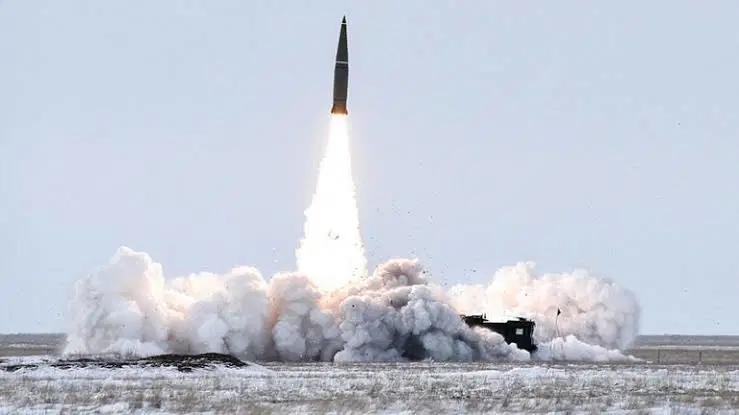Headline
Nine Countries With Nuclear Weapons In The World
-
Headline5 days ago
Why I Plotted President Trump’s Assassination – 50-yr-old Woman
-
Metro4 days ago
Customs Seize N905m Rolls Royce, Other Contrabands In Ogun
-
Headline4 days ago
JUST IN: Uganda Reaches Agreement With US To Take Migrants
-
Headline5 days ago
Viral TV Judge Frank Caprio Is Dead
-
News3 days ago
BREAKING: FG, State, Local Governments Share N2.001trn July Revenue
-
News4 days ago
JUST IN: Okpebholo Nominates Another 5 Persons As Commissioner-designates
-
News4 days ago
Buhari Was Angel In Human Flesh – Bisi Akande
-
Entertainment5 days ago
2Baba, Wizkid, Flavour, Lead Billboard’s Afrobeats Top Songs Of All Time [Full List]
-
Metro3 days ago
Village Youths Capture Bandit During Midnight Attack In Benue
-
News5 days ago
[OPINION] Game Of Thrones: Ooni, Alaafin And The Ridiculing oF Yoruba Heritage
